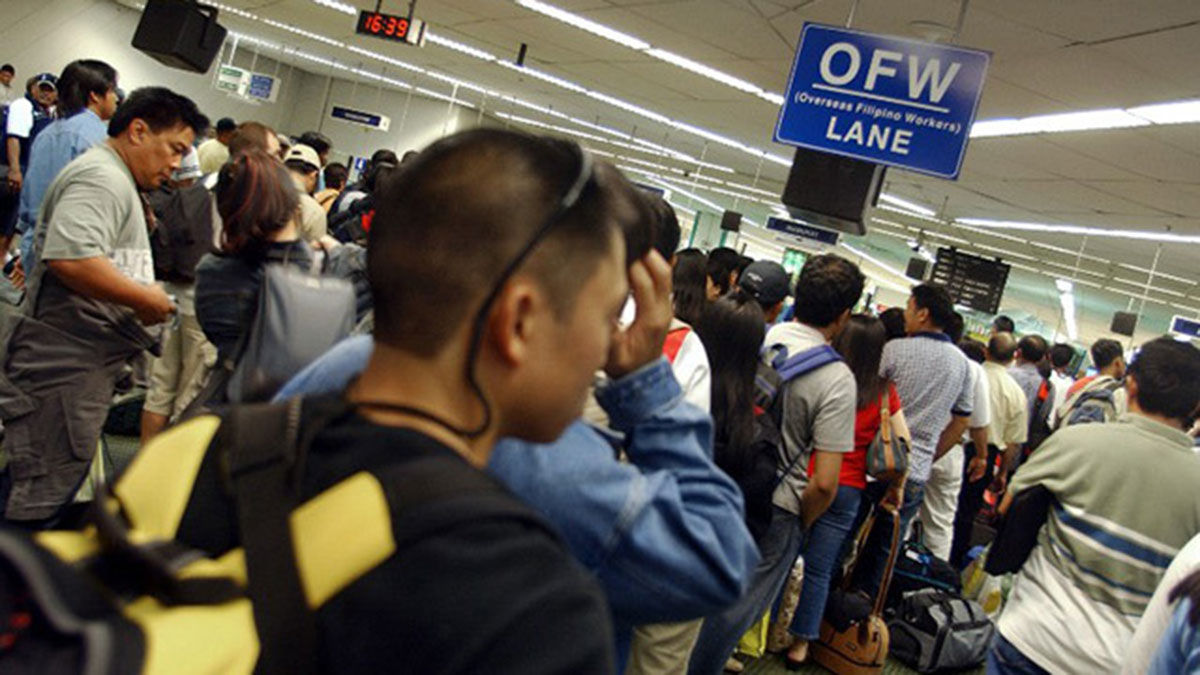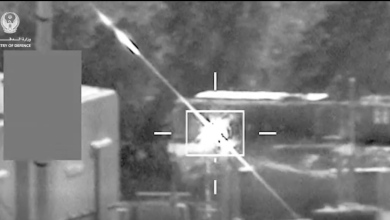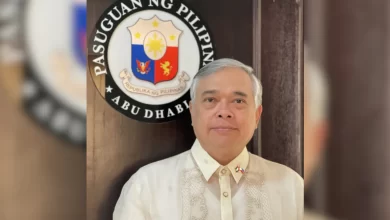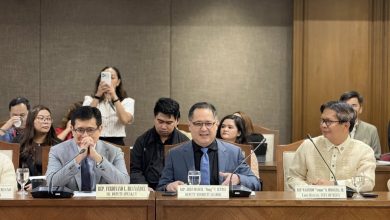The Inter-Agency Council Against Trafficking (IACAT) will implement stricter departure procedures for Filipinos traveling abroad starting September 3, in a bid to combat the rise in human trafficking cases.
In a statement released on Tuesday, the Department of Justice (DOJ), leading IACAT, clarified that these revised guidelines aim to safeguard citizens from trafficking risks while respecting the right to travel. The IACAT noted that these refined guidelines, combined with improved information dissemination, will significantly reduce human trafficking incidents.
According to DOJ Assistant Secretary and Spokesperson Jose Dominic Clavano IV, the new guidelines was endorsed during the 58th council meeting and will be “effective 15 days from the date of publication, specifically on Sept. 3, 2023.”
Clavano also stressed that following these measures is more than just an administrative process, it showcases the commitment to protect fellow Filipinos’ rights and well-being.
“Our adherence to these guidelines signifies more than a mere administrative protocol; it embodies our resolute dedication to protecting the rights and well-being of our fellow Filipinos,” Clavano said.
“By steadfastly implementing these measures and fostering collaboration, we illuminate a path forward–a path defined by our unwavering stance against exploitation,” he added.
The updated guidelines entail immigration officers asking relevant clarifying questions and requesting additional supporting documents from outbound travelers.
Secondary inspections will be limited to 15 minutes, except under extraordinary circumstances. This timeframe starts with the secondary inspection officer’s interview.
Meanwhile, Bureau of Immigration Spokesperson Dana Sandoval bared that this procedure is not meant to overly restrict citizens.
“Maybe we need to clarify that this is not a means to be strict on our citizens because in fact, based on our data, only 0.6 percent of departing passengers have not been allowed to travel vis a vis their actual purpose of travel,” Sandoval stated.
Moreover, the guidelines introduce new requirements for parents traveling with minors. Passengers accompanying minors need to present an exemption certificate from the Department of Social Welfare and Development in specific cases.
The guidelines also outline reasons for deferring a passenger’s departure, including refusal to undergo secondary inspection, suspicious travel purposes, insufficient documents, misrepresentation, fraudulent documents, prior non-compliance, or suspected involvement in trafficking activities.




